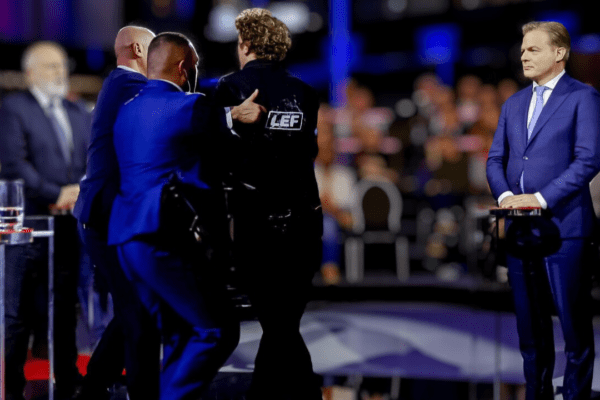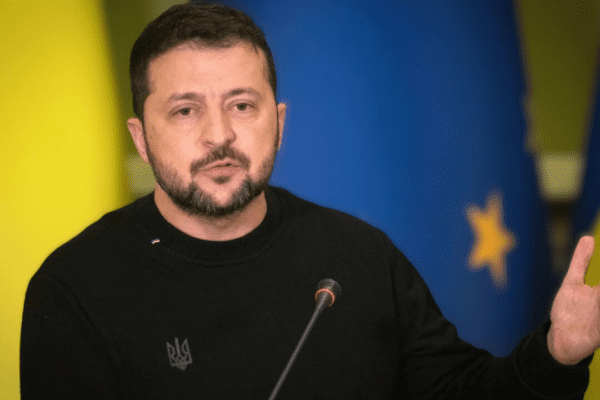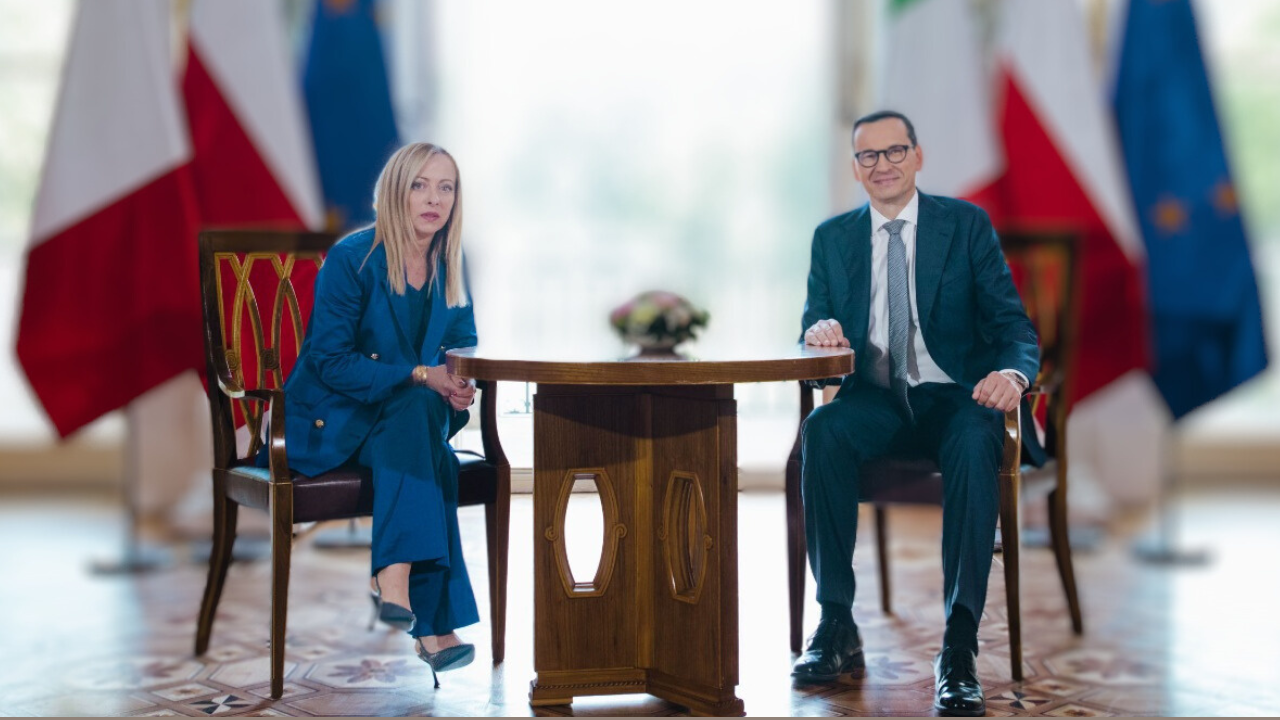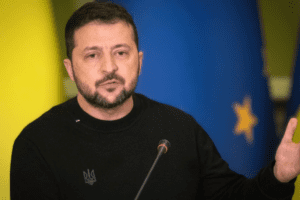On Wednesday, the prime ministers of Italy and Poland said the European Union should prioritize efforts to stop illegal migration rather than focus on persuading member states to share responsibility for unauthorized arrivals
Prime Minister Georgia Meloni, Italy’s right-wing leader, visited Warsaw to meet her conservative Polish counterpart, Prime Minister Mateusz Morawiecki.
Italy, being one of the first destinations for asylum seekers crossing the Mediterranean Sea to reach Europe, is looking to reduce the number of their arrivals.
Last week, Poland and Hungary vetoed a statement by EU leaders on priorities for curbing immigration into the European Union.
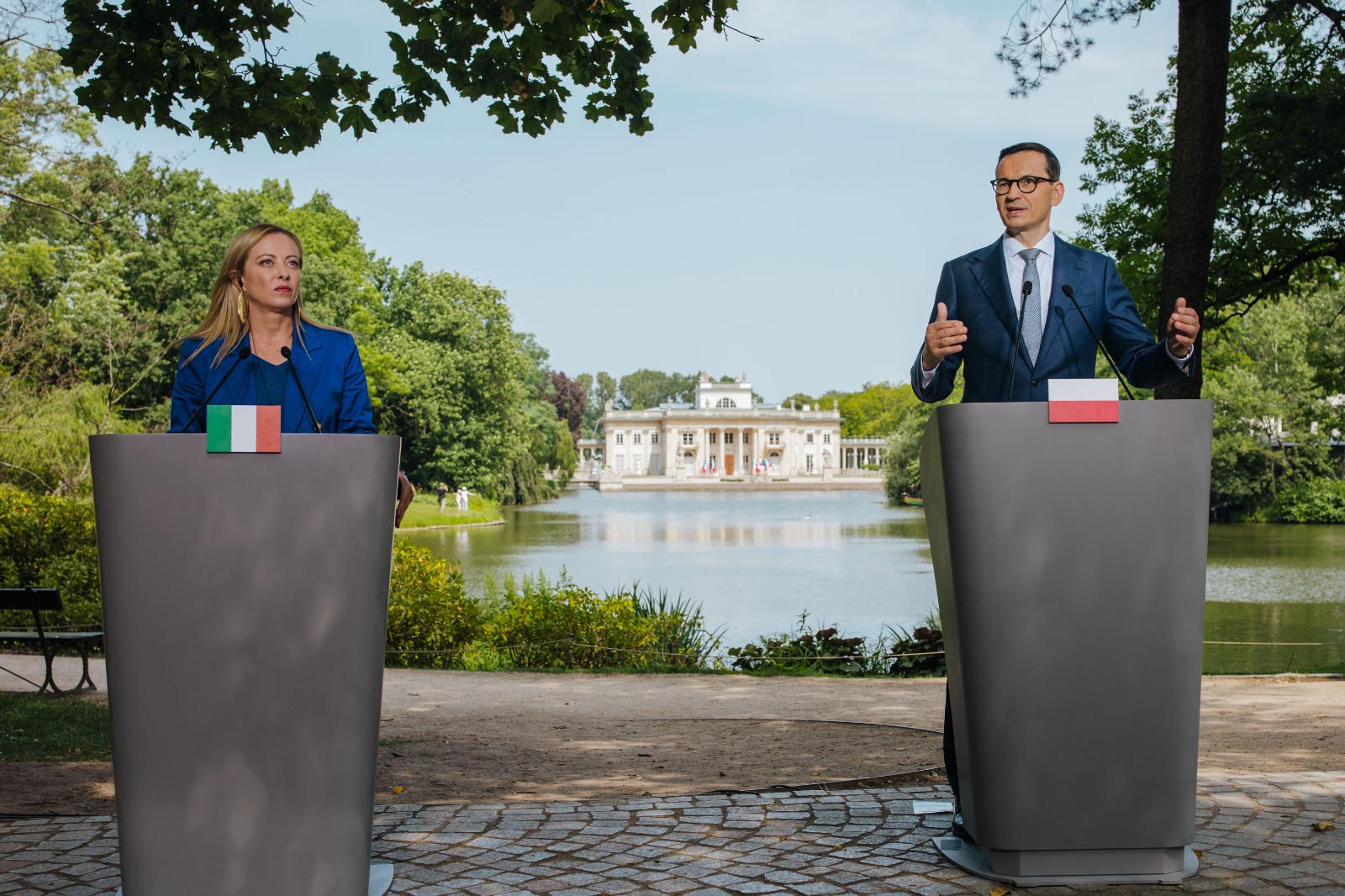
Furthermore, on June 8, both nations voted against an agreement aimed at striking a balance between frontline countries’ commitments and the necessity that other member states provide help.
Governments in Warsaw and Budapest argue that excluding people from entering the EU is a preferable strategy.
Meloni believes the EU will be unable to “find a real solution” to the immigration crisis as a result of her discussions with Morawiecki.
“I feel our positions are substantially identical. “We want to put an end to illegal migration,” Meloni stated. In reference to the Polish government’s position, she continued, “I cannot help but defend someone who defends national interests.”
Morawiecki said it was “fundamental” for his government to “seal off” the EU’s external borders and that the government also objected to a provision in the June deal that calls for fining countries that refuse to host some asylum seekers €20,000 per person.
Poland has accepted millions of war refugees from Ukraine, about 1.2 million of whom have registered and received the right to live, work, attend school and receive social benefits.
Morawiecki said his government will hold a referendum this year asking Poles for their opinion on accepting immigrants who have entered the EU illegally.
The two leaders also spoke at a meeting of the Group of European Conservatives and Reformists, an alliance of the EU Parliament.


